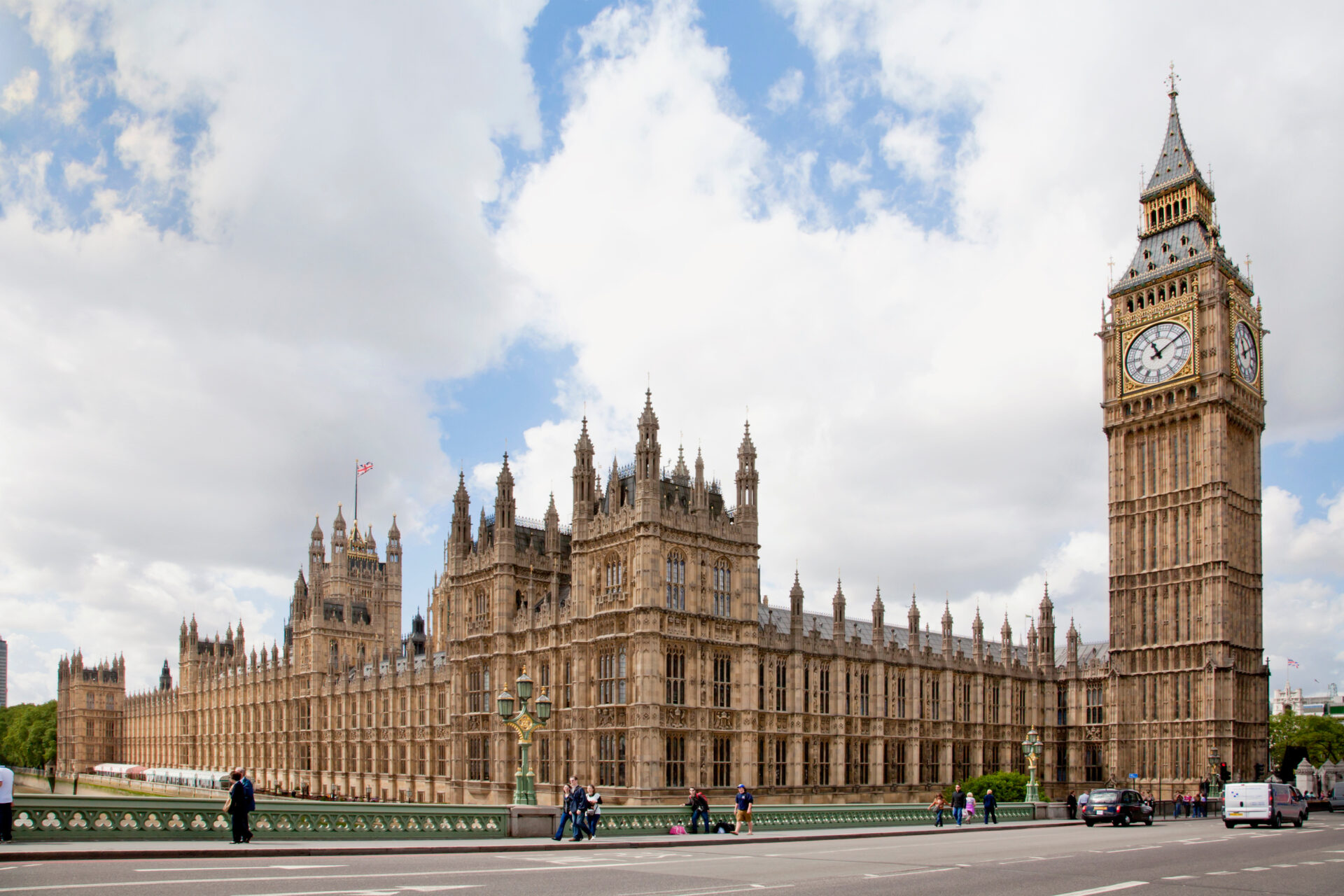A cross-party committee of MPs has launched an inquiry looking at the income gap for people approaching pension age ahead of the State Pension age rise to 67.
Research found that 60-64 year-olds were the joint poorest age group among adults aged 25 and over, with 22% (876,000 people) living in poverty in 2023/24.
Some in this age group left work early to care for someone or because of health issues but were not yet old enough to get their State Pension.
From April, the Government will start to phase in the rise in State Pension age from 66 to 67, to be rolled out over two years.
The Work and Pensions Committee will look into reasons for leaving work early, inequality, how raising the pension age impacts pre-pension and pensioner poverty, and what support could help people during the transition.
Committee Chair Debbie Abrahams, said: “In our Pensioner Poverty report we called on the Government to create a coherent cross-governmental strategy that would get ahead of the consequences of an ageing society.
“Its response pointed to a lot of – not unwelcome – standalone policies, but nothing that amounted to a guiding star for all departments for the health of the country as it edges towards retirement.
“It potentially leaves people exposed to falling between the cracks.”
Abrahams added: “Pre-pensioners are particularly exposed. You could’ve worked a grueling 45 years as a skilled tradesperson paying taxes only to find yourself short of cash as you limp from day-to-day for more years until the pension payoff.
“It’s only natural that this situation would make you feel a sense of injustice facing hardship having been independent and contributing for decades.
“We do not yet know the impact of the State Pension age increase on these people.”
She said: “The Government’s last impact assessment on pushing the retirement age to 67 was in 2013, before the damage caused by Covid to the economy and to people’s health.
“We will be investigating the scale of the need to smooth over this transition period and how it can be done.”

















